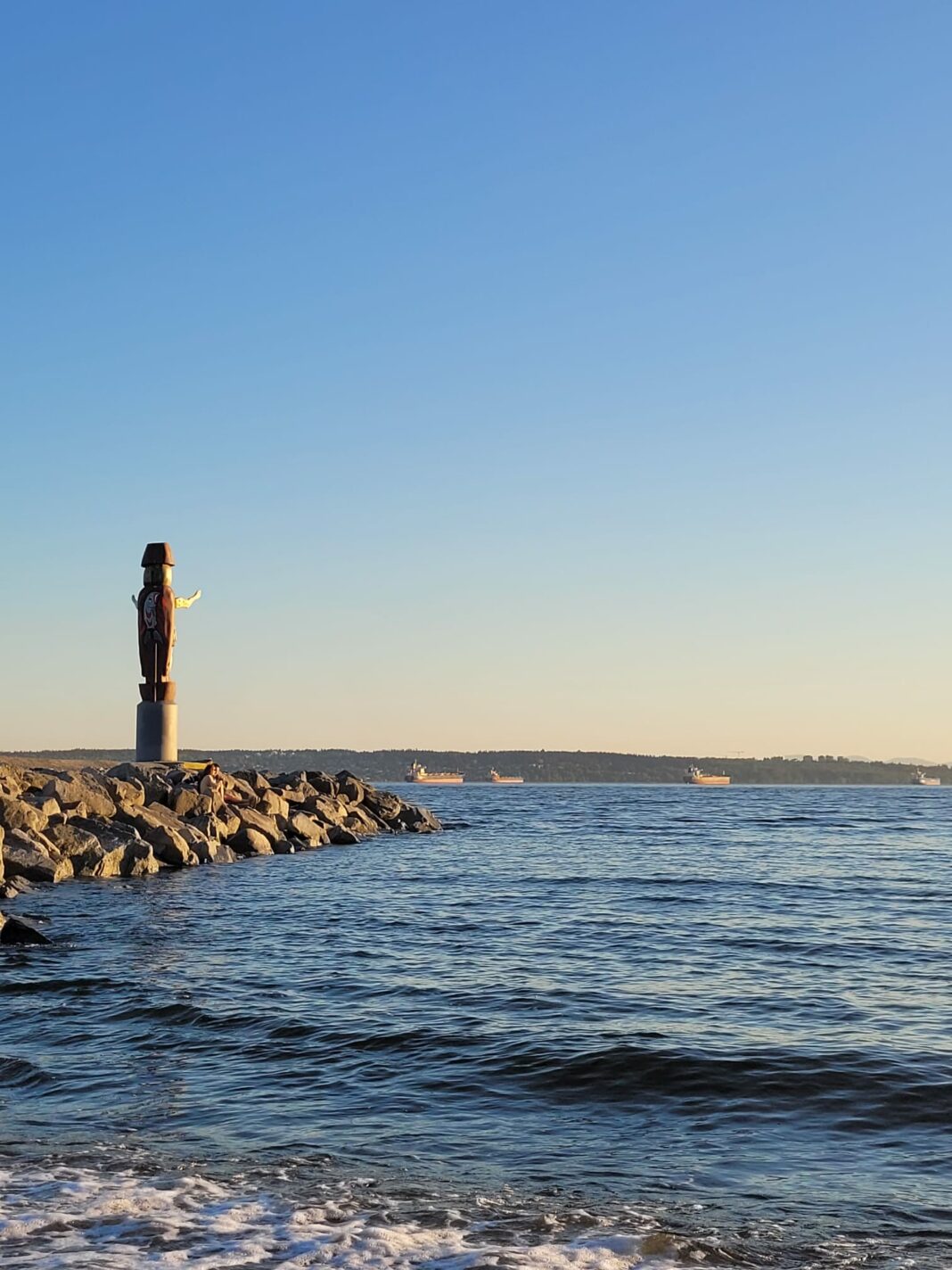Under pressure, Mariana signed her daughter’s jurisdiction for British Columbia, today she is fighting to return to her native country and live with her family.
By Nayeli Martín del Campo
“I hear many people in Mexico who say that Canada is very nice and that they would like to live here, but for me it is a prison, I have felt like that, it is like living in a golden cage where I cannot fly”, this is the story of Mariana, a woman who is fighting to be able to return with her daughter to Mexico, her native country.
Mariana met her ex-husband six years ago on a sightseeing tour she was taking in her native Puebla. For two weeks, Harry and Mariana had the opportunity to get to know each other as he was making recordings for a civil foundation for underprivileged children in Mexico.
With a long-distance relationship of flights between Vancouver and Mexico, it was in December 2018 when she became pregnant with his daughter and they decided to live together. It was there that the torment began for her as she was being raped by her husband.
According to the National Institute of Statistics Geography and Informatics (INEGI), during 2021, 70.1% of women nationwide, have suffered some type of violence. Psychological and sexual violence top the list of abuses with 51.6% and 49.7% of the cases.
In Canada, according to the statistics portal, during 2018, 44% of women reported experiencing intimate partner violence. Two of the groups with high levels of gender-based violence are women of color as well as new immigrant citizens in the country.
“The violence was more verbal, economic, I became his servant more than his partner, I did not receive support for the care of our daughter. I had to have her food, coffee, clothes ready. I had to fulfill my duties to the letter. All the time he would make comments to denigrate me, until the time came when I told him that I no longer wanted to live with him and that I wanted to return to Mexico”.
The desire to return to Puebla and create her life in her native country, caused Mariana to become involved in a legal process related to her daughter where she would have to leave the country as soon as possible to prevent her baby from being taken away from her by the Canadian government.
“I received some documents to sign a parental rights agreement. My English was very bad and I didn’t understand much. At the Mexican Consulate in Vancouver they told me that I had to leave the country as soon as possible to resolve the case in Mexico since after 6 months my daughter would become a resident in Canada, however, I had 5 days to get a lawyer, sign and leave the country”.
One day before the deadline to deliver the parental rights agreement, through the Hague Convention, Mariana accepted that the jurisdiction of her daughter was granted to British Columbia and that she agreed that her daughter should spend 3 months in Mexico and 3 months in Canada and that each party would pay for the child’s transportation and support.
At the Consulate the advice was that within Mexico she should advocate to prove that the agreement had been signed under duress and although in Puebla she had temporary custody and guardianship of her baby, she could not annul the agreement that she had signed in Vancouver; her ex-partner also failed to appear in court in Mexico when requested to do so.
The Hague Conference on Private International Law (HCCH) protects children and their families from the risks of illegal, irregular or ill-prepared adoption proceedings abroad.
According to the HCCH Global report In 2015, the proportion of taking or respondent mothers in both return and access applications was 73%. The average age of children who were in an access application was 8.1 years and 6.7 years for those in a return application. “A notifier from the Court arrived in Puebla saying that my daughter had to go to her habitual place of residence, which was Canada. If I had said yes to go to the Court in Canada to my ex-partner, they would have determined that Vancouver was not my daughter’s place of residence and would have ordered us to go to Mexico to do the guardianship and residency procedures, but due to ignorance and improper assistance at the Consulate, I signed the petition.
Mariana, through Bettered Wome’s Support Services, had the opportunity to have psychological and emotional support at no cost as well as legal support to negotiate before the Canadian court to be able to see her daughter, who is in Vancouver, more frequently.
“I promised my daughter that one day we would be free, I don’t know how I’m going to do it, but we’re going to make it.
Despite the discrimination she has felt for suing an indigenous person or first nation, having her passport withheld to prevent her from leaving the country, she does not give up and punctually attends all court sessions. She says that one of the promises she made to her daughter was to have the opportunity to return to Mexico.



